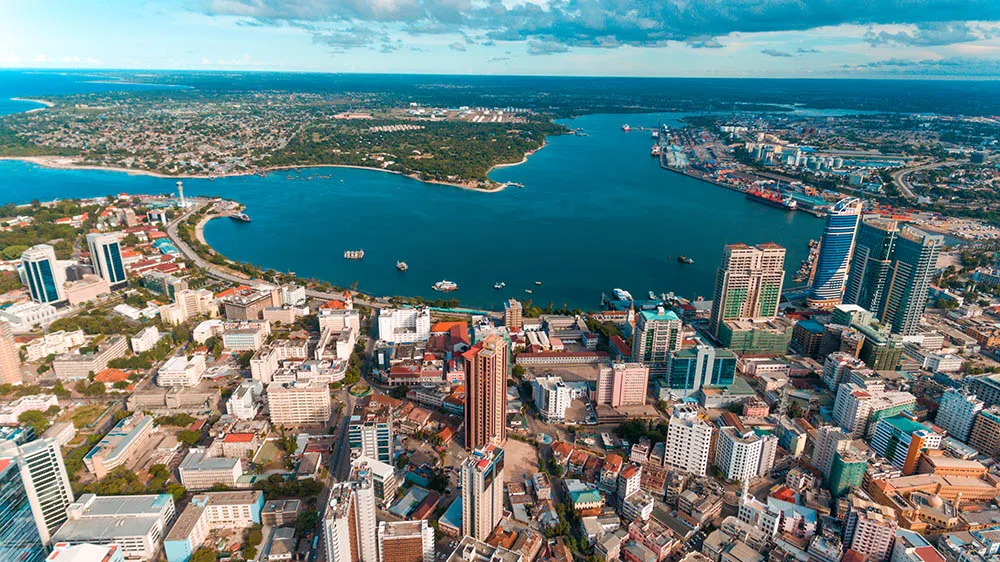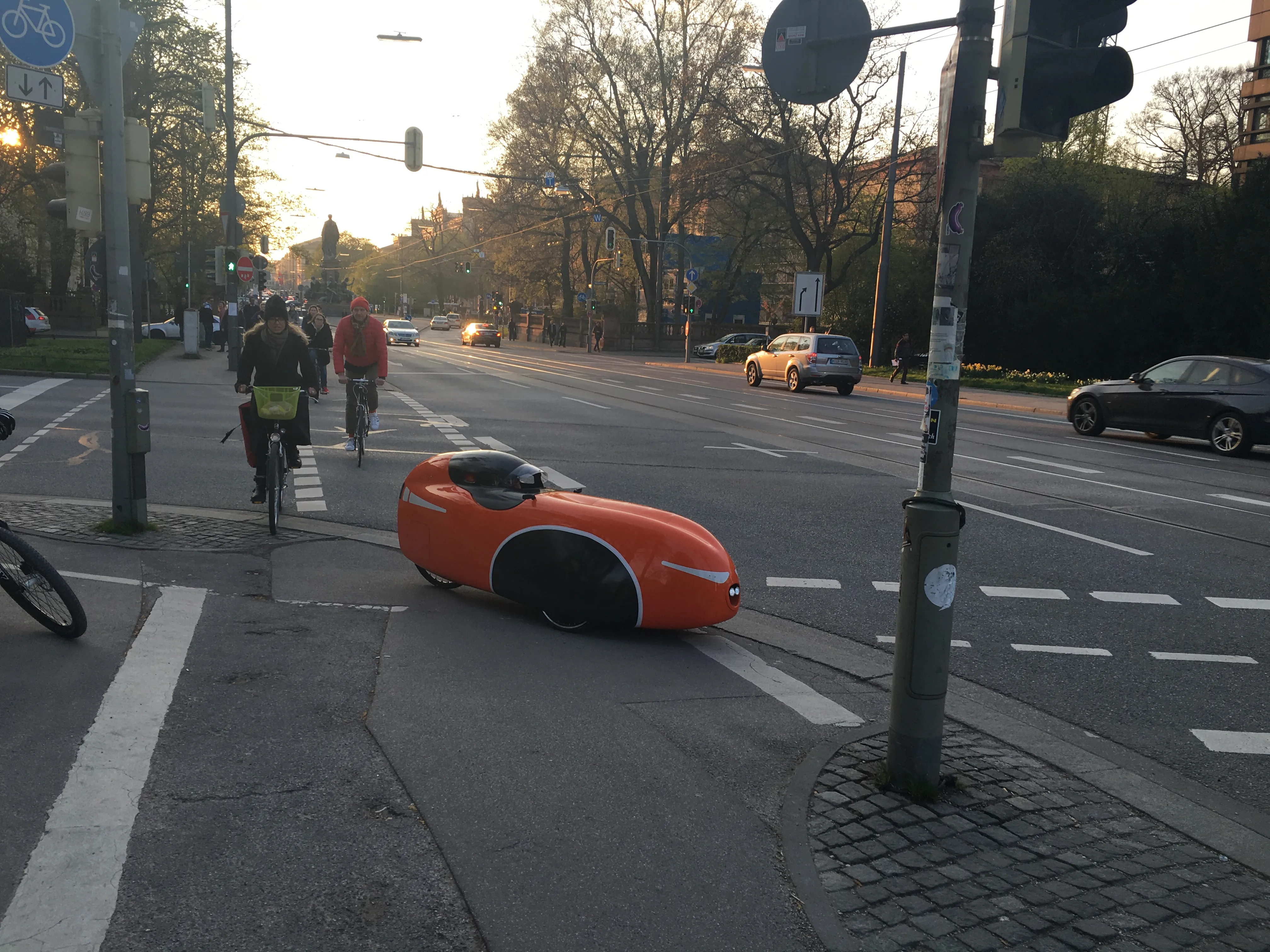IRF Geneva held the first in a series of four roundtables on ITS in India in New Delhi, India on the 10th of November 2016. This first, by invitation only, roundtable was attended by representatives from both Government and industry. The Ministry of Road Transport and Highways, Niti Aayog, the premier planning agency of the Government of India, the National Highway Infrastructure Development Corporation, and the National Highway Authority of India are supporting these Roundtables. Senior management from l
January 30, 2017
Read time: 2 mins
The objective of these series of roundtables is to develop a concrete action plan to accelerate and facilitate the use of ITS solutions to address the problems of urban and inter-urban transport in India. Mr. Amitabh Kant, the CEO of Niti Aayog who was present at the roundtable said that the Union Government of India is working full time to leapfrog and stimulate the deployment of safe, smart and sustainable solutions for road networks using technology in the country including setting up of National Intelligent Transport systems (ITS) standards , an ITS clearing house to design and adopt best ITS practices and setting up of Advanced Traffic Management System (ATMS). He further called on global and Indian ITS companies to come forward and contribute to developing an action plan for use of ITS especially on National highways and the forthcoming dedicated freight corridor to be operational from next year, and 100 smart cities. He exhorted companies to work for better, faster and efficient exploitation of ITS to promote ‘’SMART mobility’’ in India. The action plan should also provide a strategy for ITS in India that will facilitate and accelerate the uptake of ITS and the manufacturing of ITS equipment in the country, and hence contribute towards the ‘’Make in India’’ initiative.
The next three roundtables are scheduled to be held in March, June, and October, 2017.









